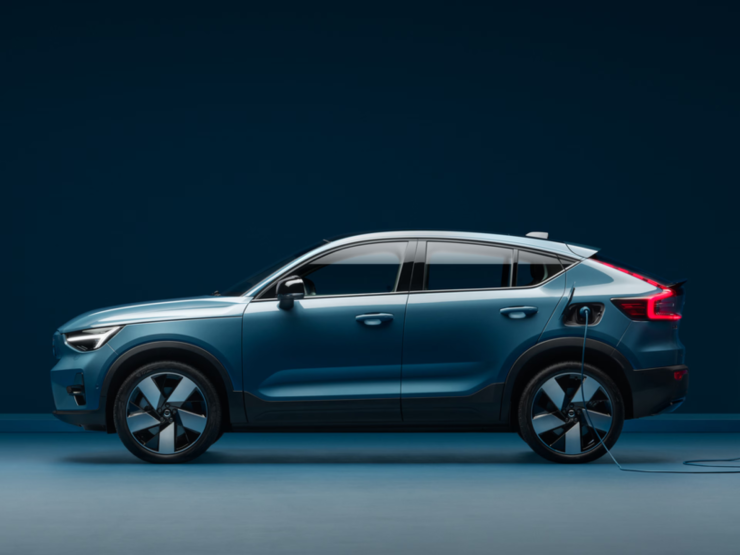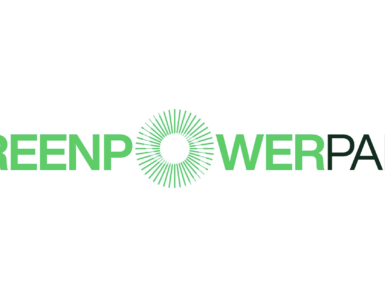Volvo to issue world’s first EV battery passport ahead of EU rules.
Volvo Cars is launching the world’s first EV battery passport recording the origins of raw materials, components, recycled content and carbon footprint for its flagship EX90 SUV, which is about to start production, the Swedish automaker told Reuters.
The passport was developed by Volvo (VOLCARb.ST), opens new tab, which is owned by China’s Geely (GEELY.UL), in partnership with UK startup Circulor, which uses blockchain technology to map supply chains for companies, and took over five years to develop.
Battery passports will be mandatory for electric vehicles (EVs) sold in the European Union from February 2027 showing the composition of batteries, including the origin of key materials, their carbon footprint and recycled content.
Volvo’s head of global sustainability Vanessa Butani told Reuters that introducing the passport nearly three years before regulations kick in was aimed at being transparent with car buyers as the automaker targets producing only fully-electric cars by 2030.
Vanessa Butani, said:
It’s really important for us to be a pioneer and a leader.
The EX90 SUV with a battery passport is due to start production soon at Volvo’s plant in Charleston, South Carolina, and will be delivered to customers in Europe and North America from the second half of the year.
Volvo owners can access a simplified version of the passport using a QR code on the inside of the driver’s door.
Butani said the passport would be gradually rolled out to all of Volvo’s EVs.
A more complete version of the passport will be passed to regulators.
It will also include up-to-date information on the EV battery’s state of health – vital for assessing used EV values – for 15 years and will Volvo cost around $10 per car, Circulor CEO Douglas Johnson-Poensgen told Reuters.
Circulor’s system traces battery materials from the mine to individual cars, piggybacking on suppliers’ production systems to track materials throughout the supply chain and checking suppliers’ monthly energy bills – and how much of their energy comes from renewable sources in order to calculate a total carbon footprint.
If Volvo brings on board a supplier, Circulor will need to audit it to keep information current, Johnson-Poensgen said.
The passport has also required changes in how Volvo traces parts through its manufacturing process to understand the origins of every part in every vehicle.
Johnson-Poensgen, said:
Car manufacturing has never been about which rock went into which component and which got connected to which car.
“It’s taken a long time to figure that out.”
While there is no such mandate in the United States, automakers are showing interest there because they may need to prove they qualify for EV subsidies under the U.S. Inflation Reduction Act, Johnson-Poensgen said.
Volvo has invested in Circulor, as has Jaguar Land Rover and BHP (BHP.AX), opens new tab, the world’s largest listed miner.
Johnson-Poensgen said there was a rush among automakers to create battery passports, and that even if they started now many may find it hard to meet the EU’s 2027 deadline.
READ the latest Batteries News shaping the battery market
Volvo to issue world’s first EV battery passport ahead of EU rules. source









